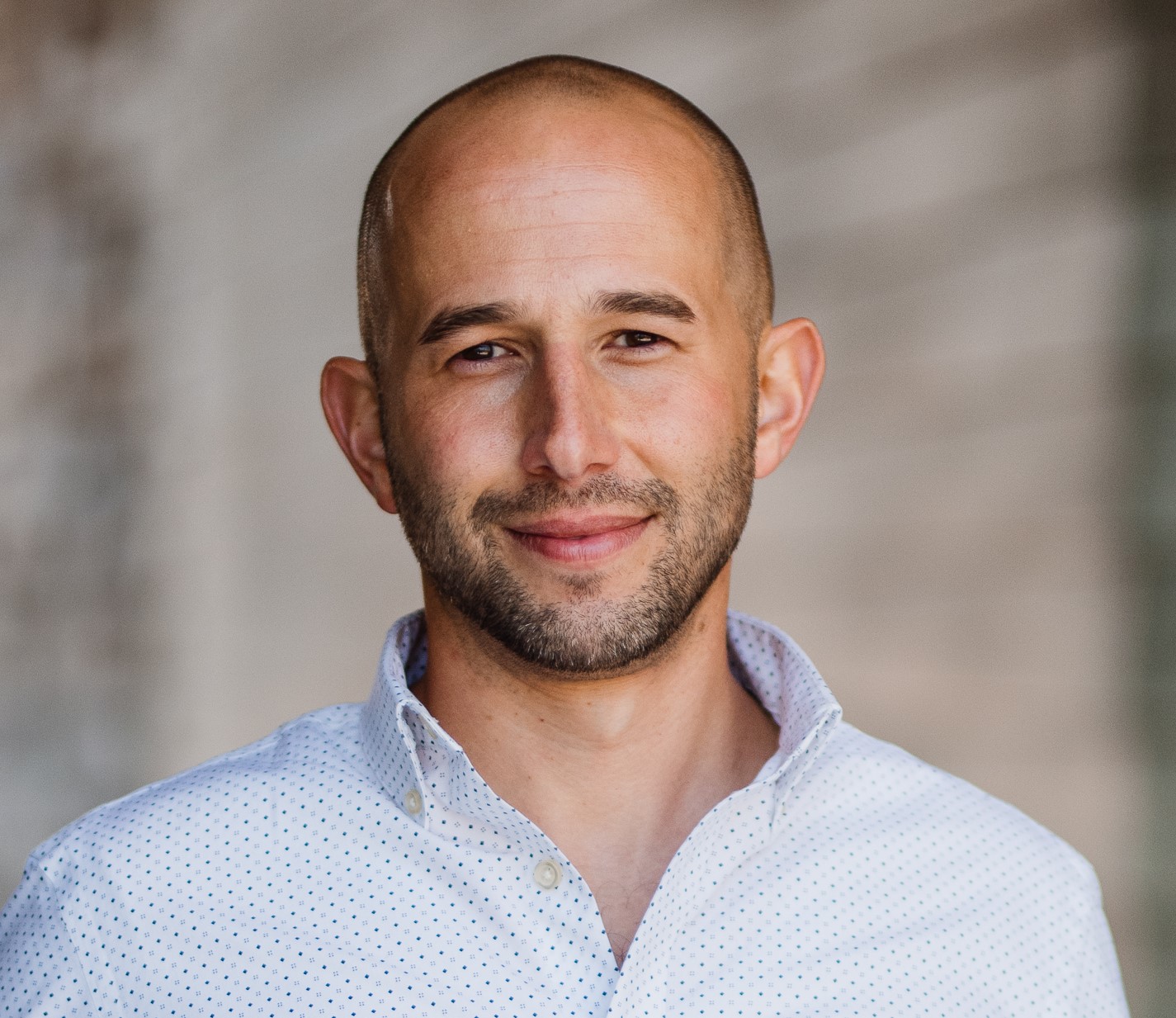“Man’s main concern is not to gain pleasure or to avoid pain but rather to see a meaning in his life. That is why man is even ready to suffer, on the condition, to be sure, that his suffering has meaning.” – Viktor Frankl
A cold April rain swept across the puddled Boston streets as Desiree Linden became the first American woman in over 30 years to win the Boston Marathon.
As she waved the American flag with a beaming smile, you’d never know she’d been moments away from quitting.
Yes, quitting.
In a post-race interview, Linden disclosed that early in the race she was “feeling horrible.” That was until she made the decision that sports psychologists and neuroscientists say likely gave her the boost she would need to win the race: She stopped thinking about herself.
Knowing she would likely drop out of the race, Linden saw a struggling fellow runner, Shalene Flanagan, and decided to offer help.
According to Runner’s World Magazine, Linden said to Flanagan, “If you need anything—block the wind, adjust the pace maybe—let me know.”
Shortly after she started helping, Linden says she remarkably “got her legs back.”
“Helping her helped me,” she said.
The rest is, quite literally, history.
Linden’s remarkable run in the face of adversity is a lesson on what can happen to us – in life, work, or school – when we are pulled by a purpose beyond ourselves.
Inspirational anecdotes like Linden’s are plentiful. So plentiful that it’s easy to overlook the mounting scientific evidence that supports them and the power of purpose.
Quite simply, having a sense of purpose makes us neurologically and physiologically better – at work, in school, and in life.
Here’s how:
Purpose focuses our attention on others.
Purpose is defined as “the reason for which something is done or created or for which something exists.”
In other words, our purpose as individuals or as an organization is our usefulness, our contribution.
The ability for purpose to lift our eyes off ourselves is what makes it so powerful in enhancing both personal and organizational performance.
Two recent studies from UCLA’s Semel Institute of Neuroscience have identified a part of the brain, the posterior superior temporal cortex, that seems to be hard-wired for contribution.
Why?
Researchers hypothesize that altruism has allowed us to survive as a species by compelling us to help one another.
And when we do, such as in Linden’s case, we reap the neurological and physical rewards – which in turn induce more altruistic behavior.
The reward of helping comes in the form of a rush of oxytocin, dopamine, and serotonin – what neuroscientists call the “happiness trifecta.” Oxytocin supports empathy and social bonding. Dopamine plays a major role in motivation and movement. Serotonin regulates mood.
Another side effect of serving others is increased endorphin production. According to a study published in the Hawai’i Medical Journal, endorphins act like a “natural morphine,” reducing pain and improving performance.
Considering the evidence, when we read about the benefits of purpose in organizations, we must remember that organizations are simply individuals who organize.
It’s not surprising, then, that when individuals in organizations are compelled by an other-centered purpose they feel happier, are more motivated, form better teams, and perform better.
And the scientific evidence underscores that the desire for purpose is not a trend, we’re hard-wired for it.
Purpose activates resilience and protects your brain.
Adding to the benefits on mood, motivation, and movement, purpose can also make us biologically more resilient.
In a groundbreaking study, neuropsychologist Dr. Patricia Boyle and her colleagues at Rush University followed over 900 older people who were at risk for dementia. After controlling for other potential influencers, participants who identified a purpose in life outside of themselves were only half as likely to develop Alzheimer’s.
Though they don’t know “how” yet, follow-up studies have suggested that having a purpose affects “cognitive reserve,” or the biological strength and resilience of the brain cells to injury and degradation.
And what happens to us neurologically influences what happens to us physiologically.
One landmark study found that a strong sense of purpose resulted in a 72 percent lower risk of a stroke and a 44 percent lower rate of cardiovascular disease.
A key mechanism of building biological grit and resilience – whether you’re running a Fortune 500 company, working a normal job, or finishing a degree – is a strong sense of an other-centered purpose.
Purpose, not happiness, provides enduring fulfillment.
Here in the U.S. we’re taught in the Declaration of Independence to pursue happiness, but we may be cheating ourselves out of long-term fulfillment if happiness, pleasure, or security are our sole goals in life, school, or work.
“The pursuit of happiness receives a lot more attention in our culture than the pursuit of meaning or purpose,” says Dr. Adam Kaplin, a Johns Hopkins University psychiatrist. “A purely happy person is primarily concerned with the present and instant gratification of their own needs. A person who pursues a chiefly meaningful life is more likely to contemplate the past or future and be concerned about others’ well-being.”
While happiness may give us pleasure and reduce stress and worry, researchers find it’s temporary.
Extrinsic rewards like a job title, a degree, a pay increase or salary, simply give us fleeting “pushes.”
Purpose, because it’s rooted in something outside ourselves, constantly pulls us forward and through difficult times.
When we’re pulled by purpose, we are more likely to reflect on our past and future, and are much more likely to regularly consider our impact on others.
And that brings us full circle: When we serve others, we become better. More importantly, we transcend ourselves and become part of something bigger.
Which, as Desiree Linden learned, may be more important than acquiring or achieving any “thing.”
“Today was bigger than one person,” Linden said post-race. “It was really all of us pushing each other.”
Zach Mercurio is a purpose and meaningful work consultant, researcher, and bestselling author of “The Invisible Leader: Transform Your Life, Work, and Organization with the Power of Authentic Purpose.”


